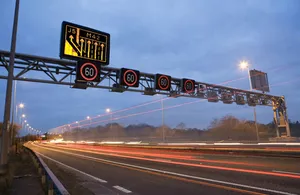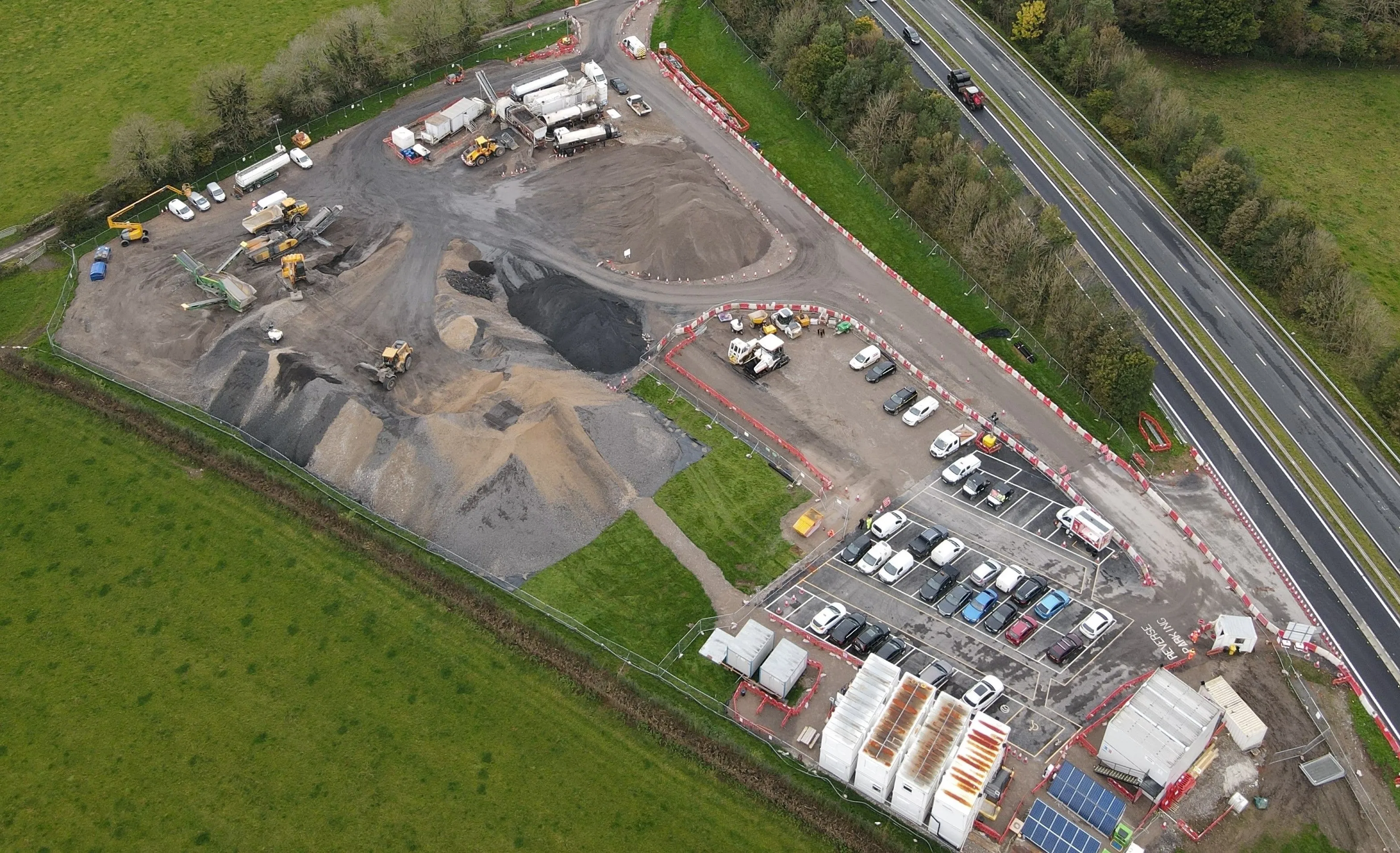
The technology, which went line on July 31 on the final M60 section, includes electronic signs to guide drivers along at a variable but steady speed. Other technology includes an extra running lane in each direction along the M62 between junction 18 and junction 20 and CCTV cameras.
The removal of narrow lanes and completion of the project will allow key sections of the M60 to be resurfaced starting this month with a programme of overnight resurfacing and bridge maintenance.
“Although this is the first smart motorway in the north west the system has been running successfully in other parts of the country for several years, such as around Leeds,” said Jonathan Stokes, senior project manager at Highways England, the UK government’s agency responsible for constructing and running major highways.
The M60 smart motorway project is part of Highways England’s €112 million investment in maintenance work across the north west England. Resurfacing will reduce the need for further maintenance, meaning less disruption in the long run. All work is taking place at night to minimise disruption to drivers.








